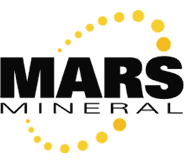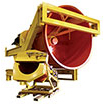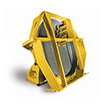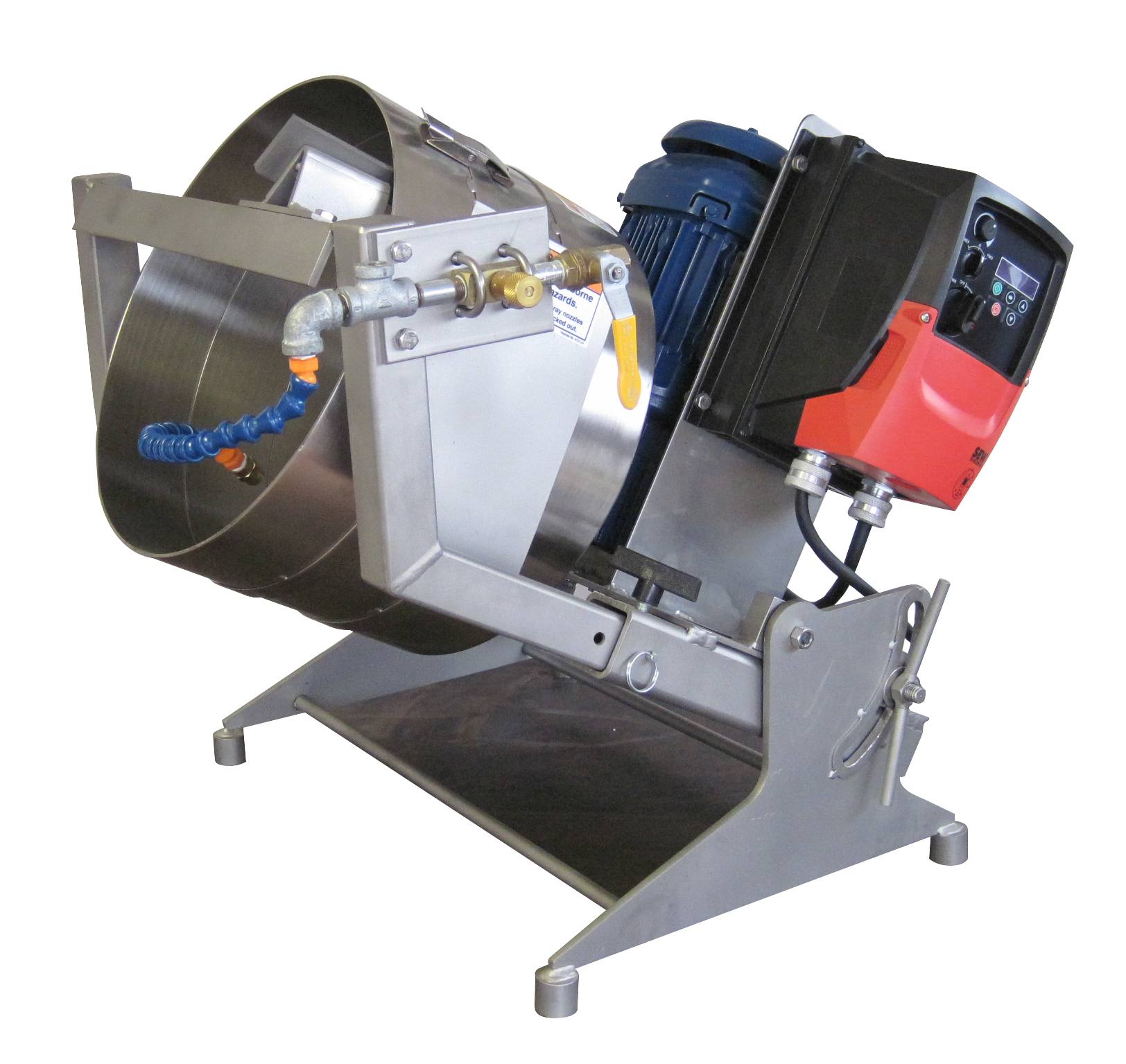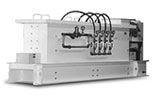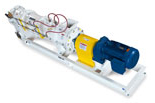The Impact of Fertilizer Pelletization on PM2.5 Reduction and Dust Control
March 2024
by Bill Booher
In the agricultural and fertilizer industries, pelletization can help reduce PM2.5 emissions and transform the production and application methodologies of both inorganic fertilizers, such as potash, phosphate, and nitrogen, and organic types, including poultry manure and biochar. This is driven by factors including regulatory compliance, health concerns, and economic benefits like avoidance of material loss and subsequent monetary loss.
The fertilizer industry is apprehensive about the potential economic impacts and challenges in maintaining production and application levels while adhering to stricter air quality thresholds, even with a significant decline in PM2.5 emissions from the industry over the past two decades.
What Is Pelletization of Biochar and Why It’s Important for Sustainability
April 2023
by Bill Booher
Biochar, a type of charcoal, is produced from biomass by heating organic material, such as wood, crop residues, or animal manure, in the absence of oxygen, in a thermochemical conversion process called pyrolysis. Pyrolysis converts the organic material into biochar, a stable pyrogenic carbon-rich material that can be used as a soil amendment, fertilizer, and energy source.
Biochar is known for improving soil fertility and structure, increasing water retention, reducing greenhouse gas emissions, and sequestering carbon in the soil (in a good way) for thousands of years. It is also used as a filtration medium, a livestock feed supplement, and in some industrial applications. Biochar production can be done on a small scale by individuals or communities or on a larger scale by commercial operations.
Pelletizing of Powders Can Create New Revenue Streams
A combination of cost pressures and environmental regulations have made agitation agglomeration – the process of converting bulk powder materials into spherical pellets – a sound investment for companies that can re-purpose a waste product for use in manufacturing, processing and agricultural applications.
The most effective pelletizing of dusts, fines and powders requires thorough drying that doesn’t alter pellet size, shape or strength. That’s because pellets from which water has been evaporated have a higher degree of structural integrity than those with higher water content. Such pellets are easier to handle and produce less dust.
Typical pelletizing materials and applications include:
Limestone as a soil amendment in gardens, lawns and fields
Poultry Manure as organically safe fertilizer products
Fly Ash from coal-fired power plants as an additive to lightweight cements
Recovered Carbon Black (rCB) from tires as a tinting agent, strength additive or
UV protectant in automotive, marine and consumer products
The advantages of pelletizing include easier handling, less dust, improved flow characteristics and improved processing performance.
Which Pelletizing Equipment is Best for You?
To determine the ideal pelletizing equipment for your specific application, it’s advisable to test a material in sample quantities, such as 5- or 10-gallon discs or drums, or 15- to 25-gallon pin mixers. After making the batch, we can help you analyze the results. If the tests are favorable, you can begin pilot scale development using 55-gallon drums.
Binders usually consist of water and two additives. Your sample yield will give you jars of green or dried pellets, depending upon the type of material you’re pelletizing. Pellets that contain binder or slurry can also be produced in larger quantity samples, such as two gallons.
As for special conditions, there are none in the research phase. In the pilot phase, however, milling, pre-treatment, mixing, special feeding, drying, screening and post-treatment in the pilot phase could be considerations. Regardless of what the research and pilot phases reveal, we have the expertise to help you determine whether to move forward, and to assist you with taking the next step.
The Pelletizing Process
Turning dust, fines or powders into pellets is a five-step process.
Have a Question? Contact Us.Let’s work together and determine the best course of action. To start a conversation, contact Bill Booher at 724.538.3000 or info@marsmineral.com |

